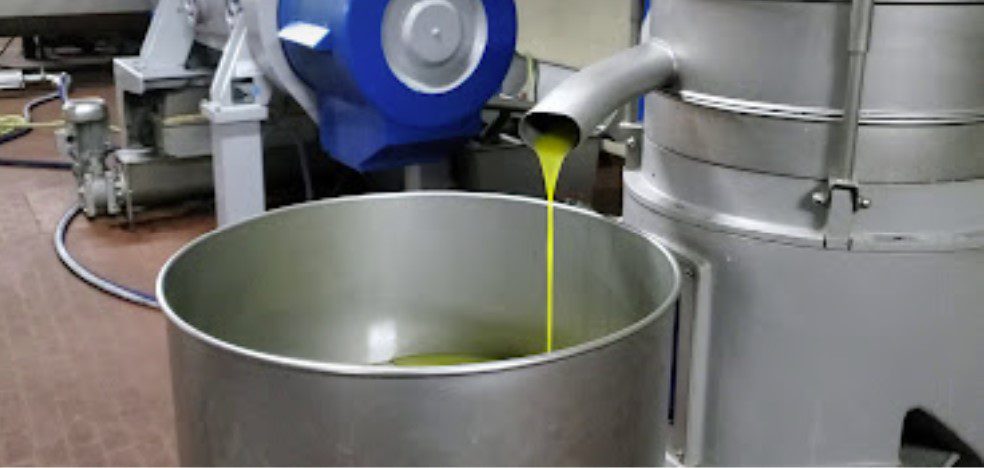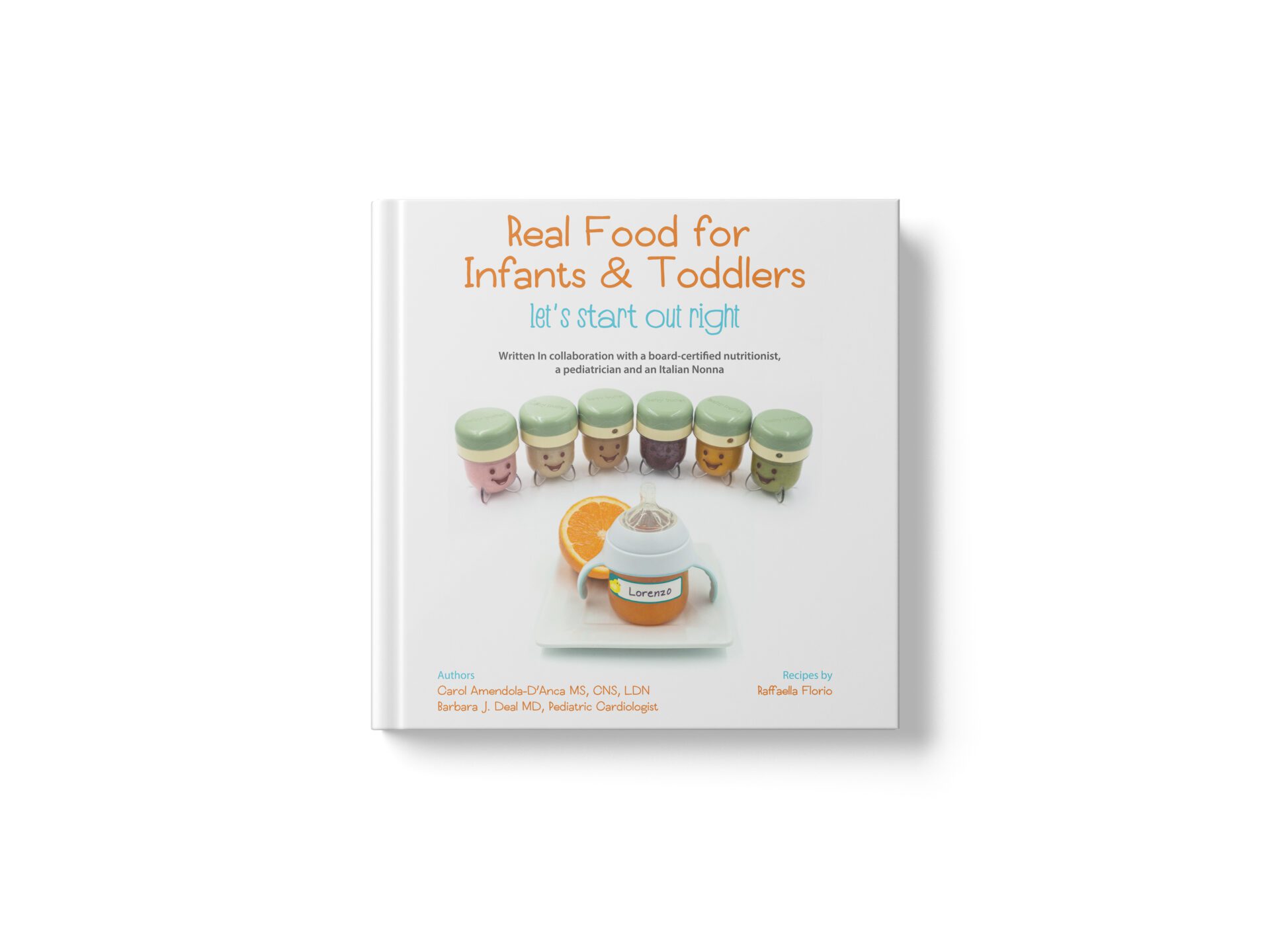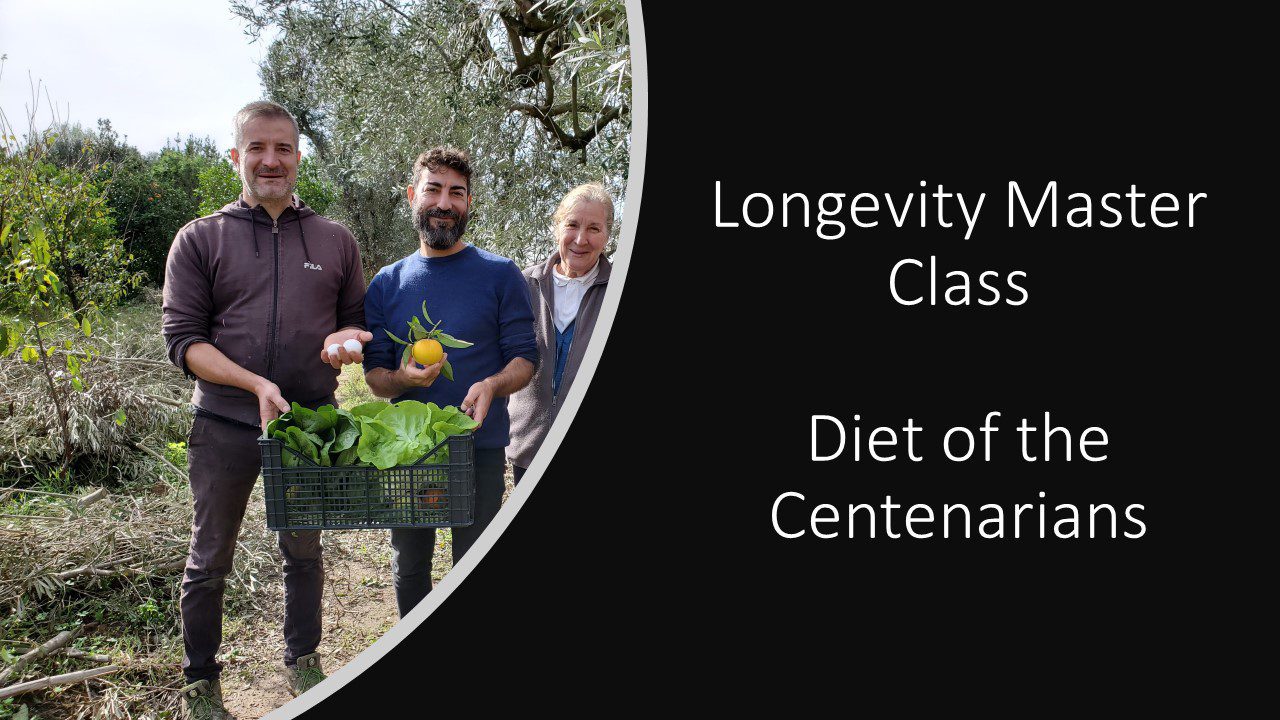A heart beat. Did you know that if it’s not interrupted by a sudden and unexpected trauma or death, like an automobile crash, a house fire, or a senseless random shooting, the average human heart will beat for about 80 years? If you want to get really technical, it will beat about two billion beats before it sighs, stutters, and suddenly stops — forever.
The “old ticker,” as it is so fondly referred to by some, persists through most of what we throw at it: recreational alcohol, Monday morning meetings after all-nighters spent finishing a project, too many red-eye business flights, shoveling too much snow, obesity, poor nutrition, smoking, and cappuccinos, double on the whipped crème please. It rarely complains, but on Monday, September 16th, 1996, one heart did. Not my heart, mind you. But one close to me— my husband’s.
I was a Sr. Market Manager working for the largest medical distributor in the world and I was sitting in a typical Monday morning meeting when I heard my name paged over the intercom. Being summoned, let alone summoned out of meetings of any kind is never a good sign, but I left my meeting and immediately went to the receptionist without a second thought.
Her face revealed nothing, and neither did the message she handed me:
“Carol, call me.”
The Dean of student affairs at the college where my husband worked answered.
“Carol, John’s not feeling well. We just took him to the hospital and I think you should meet him there,” he said.
The human heart beats between 60 and 80 beats a minute, depending on how fit the person is, and what they’re doing at the time you’re counting. At the low end, an athlete at rest has a heartbeat of about 60 beats per minute. At the high end it can almost triple.
When Neil Armstrong took his first step on the moon, NASA’s high tech recorders not only captured his infamous words, “The Eagle has landed,” but behind the scenes other recorders clocked his heart rate at 156 beats per minute, about the same rate as a newborn infant who, like Armstrong, has just entered a strange new world.
At 156 beats per minute your heart feels exactly like the novelists say it does, “like a caged bird about to burst through its cage.” Yet even on entering this strange new world of surgeons, emergency rooms and doctors, my heartbeat stayed steady, even, and fluid. Maybe there was some subconscious hope that by staying calm I could connect to John’s heart as it struggled somewhere I could not be.
Or maybe I was calm because while emergency rooms were new to me, medicine, even cardiac medicine, wasn’t. I attended the University of Wisconsin and received my Bachelor of Science in Biology and Chemistry before going to work for Baxter Healthcare Corporation in 1988. I’d been in the medical field my entire adult career. A call to the emergency room was no reason to panic, worry maybe, but not panic.
Food poisoning? Maybe John had the flu? I wasn’t worried. John was young, healthy, and robust. We were both young. Just the night before we’d returned from a weekend trip to New Orleans where we celebrated our 3rd wedding anniversary.
Perhaps he had picked up a virus there, or had eaten something that was just now deciding it didn’t agree with him. It seemed strange, though, because he was just fine the day before.
“Your husband is trying to have a heart attack,” the attending physician finally came out to tell me. Try?
How do you “try” to have a heart attack? You try to have children. You try to ace your LSAT’s; you try to land the dream job. You don’t try to have a heart attack.
“You can go in and see him, but we aren’t equipped to treat him here,” the physician said. “We have to transfer him to another hospital.” Twenty minutes later I found myself chasing the ambulance that was whisking John and the heart that was “trying” to fail, to Lutheran General hospital, a Chicago suburban hospital that was equipped to do cardiac “procedures.”
The textbooks call what I was experiencing shock, but it wasn’t shock. I was just calm. Thinking back on it from where I sit now, nineteen years and almost a dozen hospitals later, my calmness seems like some sort of joke.
Authors Note: I’ll take excerpts from time to time and share on my blog. The entire book, Food not Meds is available at Amazon: http://www.amazon.com/s/ref=nb_sb_ss_c_0_13?url=search-alias%3Dstripbooks&field-keywords=food+not+meds&sprefix=food+not+meds%2Caps%2C252





